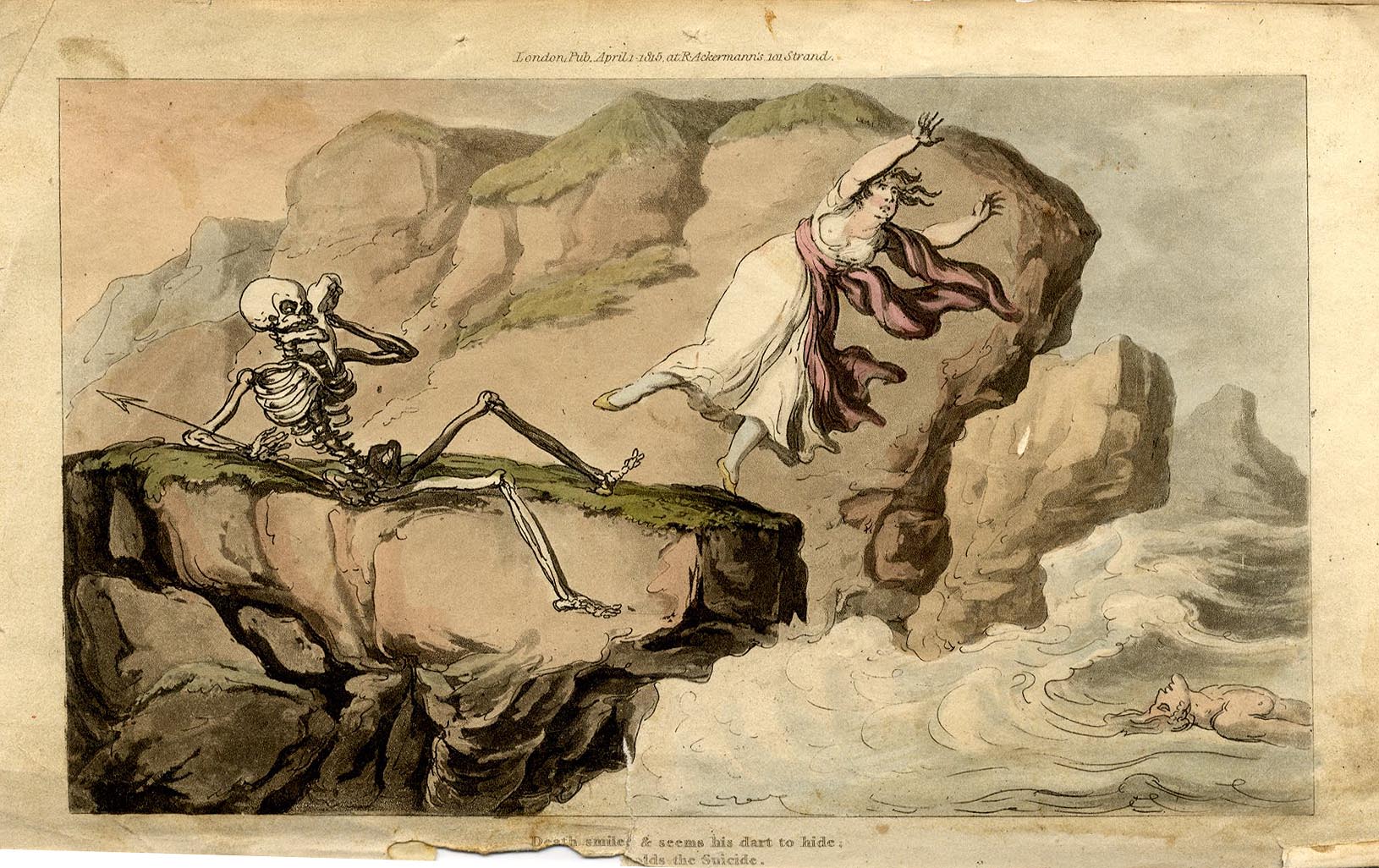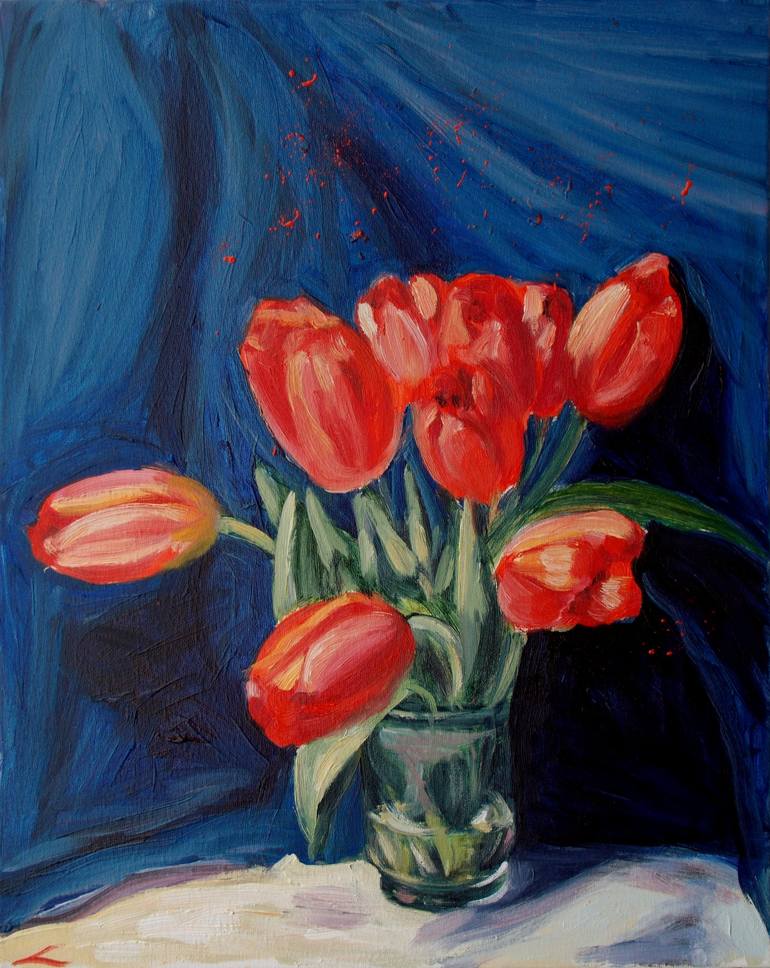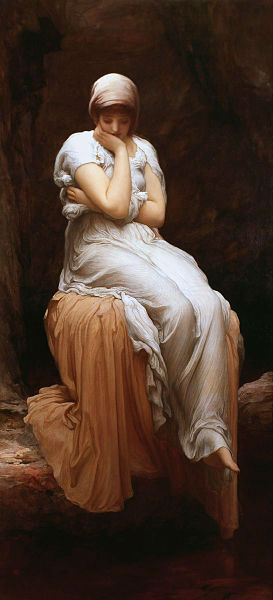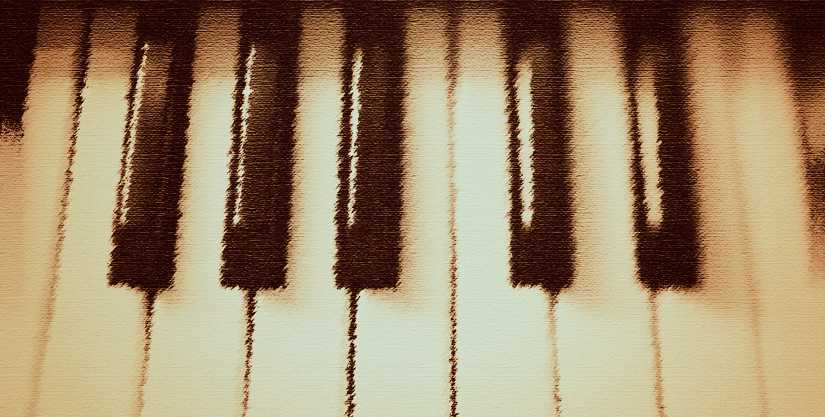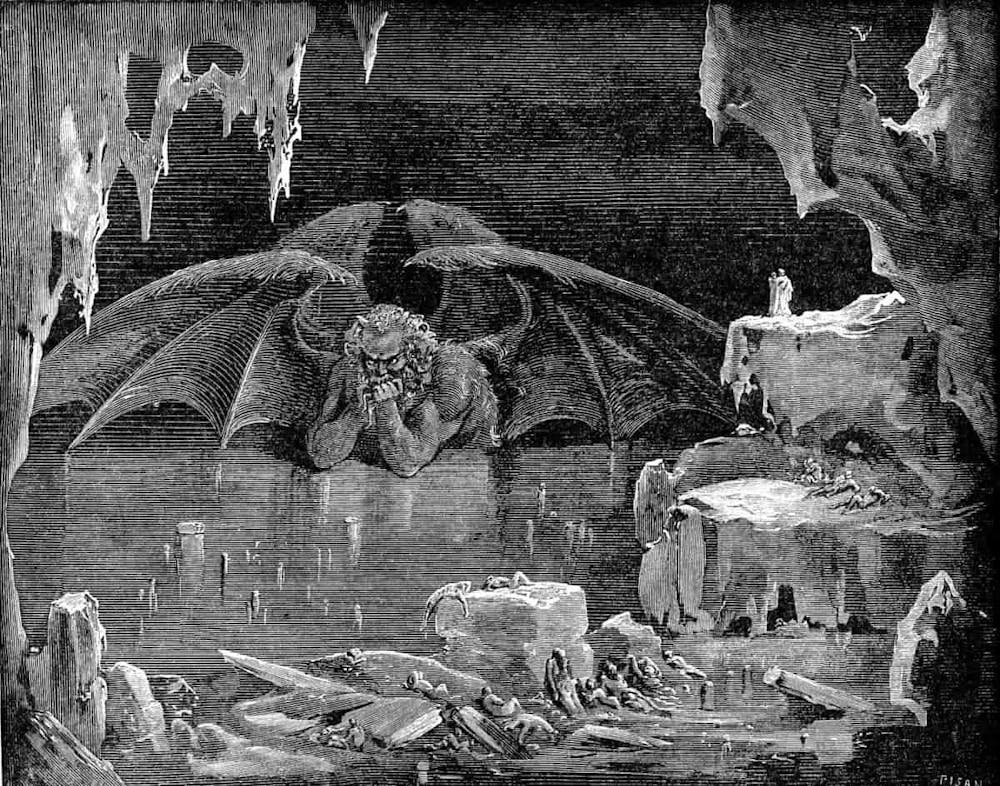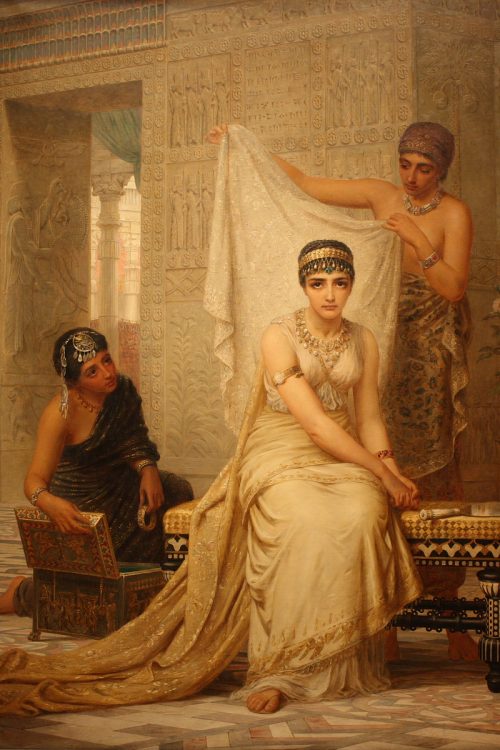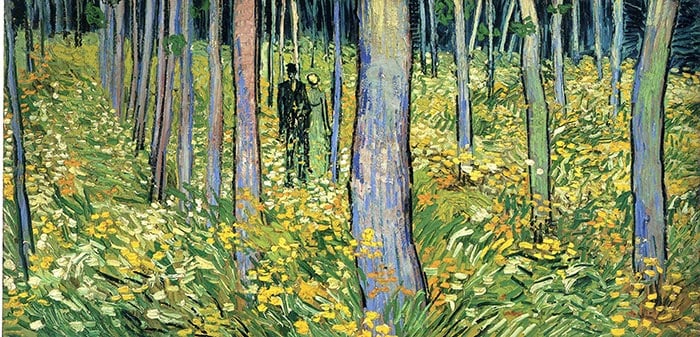
1650 Anne Bradstreet’s The Tenth Muse Lately Sprung Up in America: By a Gentlewoman of Those Parts published in London.
1773 Phillis Wheatley, a slave, publishes Poems on Various Subjects, Religious and Moral. During the American Revolution she wrote to George Washington, who thanked her, praised her poetry, and invited her to his headquarters.
1791 The Autobiography of Benjamin Franklin is published in Paris, in French. Ben Franklin’s Autobiography appears in London, for the first time in English, two years later. Had it been published in America, the Europeans would have laughed. The American experiment isn’t going to last, anyway.
Franklin, the practical man, the scientist, and America’s true founding father, weighs in on poetry: it’s frivolous.
1794 Samuel Coleridge and Robert Southey make plans to go to Pennsylvania in a communal living experiment, but their personalities clash and the plan is aborted. Southey becomes British Poet Laureate twenty years later.
1803 William Blake, author of “America: A Prophecy” is accused of crying out “Damn the King!” in Sussex, England, narrowly escaping imprisonment for treason.
1815 George Ticknor, before becoming literature Chair at Harvard, travels to Europe for 4 years, spending 17 months in Germany.
1817 “Thanatopsis” by William Cullen Bryant appears in the North American Review.
1824 Byron, who wanted to travel to America (he met George Ticknor in Europe), dies in Greece.
1824 Lafayette, during tour of U.S, calls on Edgar Poe’s grandmother, revolutionary war veteran widow.
1832 Washington Irving edits London edition of William Cullen Bryant’s Poems to avoid politically offending British readers.
1835 Massachusetts senator and abolitionist John Greenleaf Whittier mobbed and stoned in Concord, New Hampshire.
1835 Henry Wadsworth Longfellow appointed Smith Professor of Modern Languages at Harvard.
1836 Ralph Waldo Emerson publishes 500 copies of Divinity School Address anonymously. He will not publish another book for 6 years.
1838 Poe’s translated work begins appearing in Russia. Dostoevsky, influenced by Poe, publishes him.
1843 Transcendentalist, Unitarian minister, Harvard Divinity School student Christopher Pearse Cranch marries the sister of T.S. Eliot’s Unitarian grandfather; dedicates Poems to Emerson, published in The Dial, a magazine edited by Margaret Fuller and Emerson; frequent visitor to Brook Farm. Cranch is more musical and sensuous than Emerson; even Poe can tolerate him; Cranch’s poem “Enosis” pre-figures Baudelaire’s “Correspondences.”
T.S. Eliot’s family is deeply rooted in New England Unitarianism and Transcendentalism through Cranch and Emerson’s connection to his grandfather, Harvard Divinity graduate, William Greenleaf Eliot, founder of Washington U., St. Louis.
1845 Elizabeth Barrett writes Poe with news of “The Raven’s” popularity in England. The poem appeared in a daily American newspaper and produced instant fame, though Poe’s reputation as a critic and leader of the Magazine Era was well-established. During this period Poe coins “Heresy of the Didactic” and “A Long Poem Does Not Exist.” In a review of Barrett’s 1840 volume of poems which led to Barrett’s fame before she met Robert Browning, Poe introduced his piece by saying he would not, as was typically done, review her work superficially because she was a woman. Poe dedicated his 1845 Poems to Elizabeth Barrett. Then Robert Browning entered the picture.
1845 Poe accuses Longfellow of plagiarism.
1847 Ralph Waldo Emerson is in England, earning his living as an orator.
1848 Charles Baudelaire’s first translations of Poe appear in France.
1848 James Russell Lowell publishes “A Fable For Critics” anonymously.
1848 Female Poets of America, an anthology of poems by American women, is published by the powerful and influential anthologist, Rufus Griswold—who believes women naturally write a different kind of poetry. Griswold’s earlier success, The Poets and Poetry of America (1842) contains 3 poems by Poe and 45 by Griswold’s friend, Charles Fenno Hoffman. In a review, Poe remarks that readers of anthologies buy them to see if they are in them.
1848 Poe publishes Eureka and the Rationale of Verse, exceptional works on the universe—and verse.
1849 Edgar Poe is apparently murdered in Baltimore; leading periodicals ignore strange circumstances of Poe’s death and one, Horace Greeley’s Tribune, hires Griswold (who signs his piece ‘Ludwig’) to take the occasion to attack the character of the poet. There is no press notice of Poe’s unusual passing. Baltimore Sun writer, Joseph Snodgrass, who happens to live close to where Poe is found in distress, and Poe’s hated cousin Neilson Poe (who happens to appear) are prime suspects according to Scarriet. The Baltimore Sun, like the New York Tribune, covers up any hint of foul play with bland and brief coverage.
1850 Nathaniel Hawthorne publishes The Scarlett Letter. There is recent speculation the work is loosely based on Edgar Poe, Fanny Osgood, and Rufus Griswold.
1855 Griswold reviews Whitman’s Leaves of Grass and calls it a “mass of stupid filth.” Griswold, whose second wife was apparently a man (their divorce is very complicated, involving Griswold lending out his daughter) fills his review with words such as “vileness,” “rotting,” and “shame.” Whitman later includes the Griswold review in one of his editions of Leaves.
1856 English Traits, extolls the English race, claiming it was the English “character” that vanquished India, is published in the U.S. and England, by poet and new age priest Ralph Waldo Emerson, as England waits for the inevitable Civil War to tear her rival, America, apart.
1859. In a conversation with William Dean Howells, Emerson calls Hawthorne’s latest book “mush” and furiously calls Poe “the jingle man.”
1860 William Cullen Bryant introduces Abraham Lincoln at Cooper Union; the poet advises the new president on his cabinet selection.
1867 First collection of African American “Slave Songs” published.
1883 “The New Colossus” is composed by Emma Lazarus; engraved on the Statue of Liberty, 1903
1883 Poems of Passion by Ella Wheeler Wilcox rejected by publisher on grounds of immorality.
1888 “Casey at the Bat” published anonymously. The author, Ernest Thayer, does not become known as the author of the poem until 1909—he is the uncle of Scofield Thayer, who will publish “The Waste Land” in the revived Dial.
1890 Emily Dickinson’s posthumous book published by Mabel Todd and Thomas Higginson. William Dean Howells gives it a good review, and it sells well.
1893 William James, the “nitrous oxide philosopher,” Emerson’s godson, becomes Gertrude Stein’s influential professor at Harvard.
1896 Paul Laurence Dunbar publishes Lyrics of Lowly Life.
1897 Wallace Stevens enters Harvard, falling under the spell of William James, as well as George Santayana.
1904 Yone Noguchi publishes “Proposal to American Poets” as the Haiku rage begins in the United States and Britain, mostly due to Japan’s surprising victory in the Russo-Japanese War. Imagism, eventually celebrated as “new,” is merely a copy of haiku, and belongs to the same trend.
1910 John Crowe Ransom, Fugitive, Southern Agrarian, New Critic, takes a Rhodes Scholarship at Oxford University.
1910 John Lomax publishes “Cowboy Songs and Frontier Ballads.”
1912 Harriet Monroe founds Poetry magazine; in 1880s attended literary gatherings in New York with William Dean Howells and Richard Henry Stoddard (Poe biographer) and in 1890s met Whistler, Henry James, Thomas Hardy and Aubrey Beardsley. Ezra Pound is Poetry’s London editor.
1913 American Imagist poet H.D. marries British Imagist poet Richard Aldington.
1913 The Armory Show in New York, which brings modern art to America, occurs under the guidance of Pound and T.S. Eliot’s attorney and modern art collector, John Quinn.
1914 Robert Frost meets Ezra Pound and Amy Lowell in London.
1914 Ezra Pound works as Yeats‘ secretary in Sussex, England.
1915 Edgar Lee Masters’ Spoon River Anthology published. Masters was law partner of Clarence Darrow.
1916 Witter Bynner and Arthur Davison Ficke publish Spectra, a poetry hoax spoofing Imagism and everyone is fooled.
1917 Robert Frost begins teaching at Amherst College.
1920 “The Sacred Wood” by T.S. Eliot, banker, London. Decries “Hamlet.” Writes, “immature poets imitate, mature poets steal.”
1921 Margaret Anderson’s Little Review loses court case and is declared obscene for publishing a portion of James Joyce’s Ulysses, which is banned in the United States. Random House immediately tries to get the ban lifted in order to publish the work.
1922 T.S.Eliot’s “The Waste Land” awarded The Dial Prize before Ezra Pound has finished editing it.
1922 D.H Lawrence and Frieda stay with Mabel Dodge in Taos, New Mexico.
1923 Edna St. Vincent Millay wins Pulitzer Prize for Poetry.
1923 William Butler Yeats wins Nobel Prize for Literature
1924 Robert Frost wins Pulitzer Prize for Poetry
1924 Ford Maddox Ford founds the Transatlantic Review. Stays with Allen Tate and Robert Lowell in his lengthy sojourn to America, and helps to found the American Writing Program Era.
1924 Marianne Moore wins The Dial Prize; becomes editor of The Dial the next year, as E.E. Cummings elopes with the retiring editor Scofield Thayer’s wife.
1924 James Whitcomb Riley Hospital for Children opens.
1925 E.E. Cummings wins The Dial Prize.
1926 Yaddo Artist Colony opens
1926 Dorothy Parker publishes her first book of poems, With Enough Rope.
1927 Walt Whitman biography wins Pulitzer Prize
1927 Laura Riding, who published poems in The Fugitive, together with Robert Graves, influence William Empson and the New Criticism with their Survey of Modernist Poetry. She’s almost killed jumping out a 4th story window 2 years later.
1929 Harry Crosby, Black Sun Press editor, free verse poet, nephew of JP Morgan, dies at 31 in suicide pact with his lover.
1930 “I’ll Take My Stand” published by Fugitive/Southern Agrarians and future New Critics, John Crowe Ransom, Robert Penn Warren, Cleanth Brooks, Allen Tate defend ways of the Old South.
1932 Paul Engle wins Yale Younger Poet Prize, judged by member of John Crowe Ransom’s Fugitive circle. Engle, a prolific fundraiser, builds the Iowa Workshop into a Program Writing Empire.
1933 T.S. Eliot delivers his speech on “free-thinking jews” at the University of Virginia.
1934 “Is Verse A Dying Technique?” published by Edmund Wilson.
1936 New Directions founded by Harvard sophomore James Laughlin.
1937 Robert Lowell camps out in Allen Tate’s yard. Lowell has left Harvard to study with John Crowe Ransom at Kenyon College. The trip by Lowell was recommended by the Lowell family psychiatrist, the Fugitive poet, Merrill Moore.
1938 First Edition of textbook Understanding Poetry by New Critics Brooks and Warren, helps to canonize unread poets Williams and Pound, while attacking Poe.
1938 Aldous Huxley moves to Hollywood.
1938 Delmore Schwartz publishes In Dreams Begin Responsibilities, at 25, a smash-hit volume of short stories and poetry.
1939 Allen Tate starts Writing Program at Princeton.
1939 W.H. Auden moves to the United States and earns living as college professor.
1940 Mark Van Doren is awarded Pulitzer Prize for Poetry
1941 F.O. Matthiessen publishes American Renaissance: Art and Expression in the Age of Emerson and Whitman.
1943 Ezra Pound indicted for treason by the United States government.
1946 Wallace Stegner founds Stanford Writing Program. Yvor Winters will teach Pinsky, Haas, Hall and Gunn.
1948 Pete Seeger, nephew of WW I poet Alan Seeger (“I Have A Rendezvous With Death”) forms The Weavers, the first singer-songwriter ‘band’ in the rock era.
1948 T.S. Eliot wins Nobel Prize
1949 T.S. Eliot viciously attacks Poe in From Poe To Valery
1949 Ezra Pound is awarded the Bollingen Prize. The poet Robert Hillyer protests and Congress resolves its Library will no longer fund the award. Hillyer accuses Paul Melon, T.S. Eliot and New Critics of a fascist conspiracy.
1949 Elizabeth Bishop appointed U.S. Poet Laureate.
1950 William Carlos Williams wins first National Book Award for Poetry
1950 Gwendolyn Brooks wins Pulitzer Prize for Poetry.
1950 W.S Merwin tutors Robert Graves‘ son in Majorca.
1951 John Crowe Ransom, the Modernist T.S. Eliot of the American South, is awarded the Bollingen Prize.
1953 Dylan Thomas dies in New York City.
1954 Theodore Roethke wins Pulitzer Prize for Poetry.
1955 John Ashbery wins Yale Younger Prize for Some Trees. Judge W.H. Auden requested the manuscript.
1957 Allen Tate is awarded the Bollingen.
1957 “Howl” by Beat poet Allen Ginsberg triumphs in obscenity trial as the judge finds book “socially redeeming;” wins publicity in Time & Life.
1957 New Poets of England and America, Donald Hall, Robert Pack, Louis Simspon, eds.
1959 Carl Sandburg wins Grammy for Best Performance – Documentary Or Spoken Word (Other Than Comedy) for his recording of Aaron Copland’s Lincoln Portrait with the New York Philharmonic.
1959 M.L Rosenthal coins the term “Confessional Poetry” in The Nation as he pays homage to Robert Lowell.
1959 Donald Justice wins the Lamont Poetry Prize for Summer Anniversaries.
1960 New American Poetry 1945-1960, Donald Allen, editor.
1961 Yvor Winters is awarded the Bollingen.
1961 Denise Levertov becomes poetry editor of The Nation.
1961 Louis Untermeyer appointed Poet Laureate Consultant In Poetry To the Library of Congress (1961-63)
1961 Robert Graves appointed Professor of Poetry at Oxford—holds the post until 1966.
1962 Sylvia Plath takes her own life in London.
1964 John Crowe Ransom wins The National Book Award for Selected Poems. His Kenyon Review is where Plath and other poets were most eager to publish.
1964 Keats biography by W.Jackson Bate wins Pulitzer. The Burden of the Past and the English Poet by the same author predates, and is a more readable version of, Harold Bloom’s Anxiety of Influence.
1965 Horace Gregory is awarded the Bollingen. Gregory had attacked the poetic reputation of Edna St. Vincent Millay.
1967 Anne Sexton wins Pulitzer Prize for Poetry.
1968 Shakespeare’s Romeo & Juliet, directed by Zeffirelli, nominated for Best Picture by Hollywood.
1971 The Pound Era by Hugh Kenner published. Kenner, a friend of William F. Buckley, Jr., saved Pound’s reputation with this work; Kenner also savaged the reputation of Millay.
1971 W.S Merwin wins Pulitzer Prize for Poetry.
1972 John Berryman jumps to his death off bridge near University of Minnesota.
Berryman’s classes in the 50’s were filled with future prize-winners, not necessarily because he and his students were great, but because his students were on the ground-floor of the Writing Program era.
1972 Frank O’Hara wins National Book Award for Collected Poems
1974 Anne Sexton commits suicide.
1975 Gary Snyder wins Pulitzer Prize for Poetry.
1976 Humboldt’s Gift, Saul Bellow’s novel on Delmore Schwartz, wins Pulitzer.
1976 John Ashbery wins Pulitzer, National Book Critics Circle Award, National Book Award for Self-Portrait In A Convex Mirror
1977 Gerald Stern wins the Lamont Poetry Prize, Judges Alan Dugan, Philip Levine, and Charles Wright.
1978 Language magazine, Bernstein & Andrews, begins 4 year run. Charles Bernstein studied J.L Austin’s brand of ‘ordinary language philosophy’ at Harvard.
1980 Helen Vendler wins National Book Critics Circle Award
1981 Seamus Heaney becomes Harvard visiting professor.
1981 Carolyn Forche wins the Lamont Poetry Prize for The Country Between Us.
1981 Derek Walcott founds Boston Playwrights’ Theater at Boston University.
1981 Oscar Wilde biography by Richard Ellman wins Pulitzer.
1982 Sylvia Plath’s Collected Poems wins Pulitzer.
1984 Harold Bloom savagely attacks Poe in review of Poe’s Library of America works (2 vol) in New York Review of Books, repeating similar attacks by Yvor Winters, Aldous Huxley and T.S. Eliot.
1984 Charles Bernstein at a poetry conference in Alabama mentions the “policemen of official verse culture.” Gerald Stern presses Bernstein to name names. He does not—except to mention T.S. Eliot as being disliked by WC Williams.
1984 Marc Smith founds Slam Poetry in Chicago.
1984 Mary Oliver is awarded the Pulitzer Prize for Poetry.
1985 Gwendolyn Brooks appointed U.S. Poet Laureate for 1985-6.
1986 Golden Gate by Vikram Seth, a novel in verse, is published.
1987 The movie “Barfly” depicts life of Charles Bukowski.
1988 David Lehman’s Best American Poetry Series debuts with John Ashbery as first guest editor. The first words of the first poem (by A.R. Ammons) in the Series are: William James.
1990 Robert Bly publishes Iron John.
1991 “Can Poetry Matter?” by Dana Gioia is published in The Atlantic. According to the author, poetry has become an incestuous viper’s pit of academic hucksters.
1996 Jorie Graham wins Pulitzer Prize for Poetry.
1997 Kent Johnson and Tosa Motokiyu are suspected authors of Doubled Flowering: From the Notebooks of Araki Yasusada, one of the richest and greatest controversies in world letters.
1999 Peter Sacks wins Georgia Prize, Jorie Graham, judge.
1999 Billy Collins signs 3-book, 6-figure deal with Random House.
2002 Ron Silliman’s Blog founded. Silliman will attack “quietism” while defending the poetry avant-garde.
2002 Louis Menand’s The Metaphysical Club wins Pulitzer Prize.
2002 Garrison Keillor’s Good Poems published.
2004 Foetry.com founded by Alan Cordle. The site looks at Poetry Prizes, judges, and poets, in a controversial manner. Shortly before his death, Robert Creeley defends his poetry colleagues on Foetry.com.
2004 Franz Wright wins Pulitzer Prize for Poetry.
2005 Ted Kooser wins Pulitzer Prize for Poetry.
2005 The LA Times call Alan Cordle “the most despised…most feared man” in American poetry.”
2005 William Logan wins National Book Critics Circle Award for Criticism.
2006 Fulcrum No. 5, editors Philip Nikolayev, Katia Kapovich, appears, featuring works of Landis Everson and his editor, Ben Mazer, also Eliot Weinberger, Glyn Maxwell, Joe Green, and Marjorie Perloff.
2007 Joan Houlihan dismisses Foetry.com as “losers” in a Poets & Writers letter. Defends the integrity of Georgia and Tupelo press.
2007 Paul Muldoon succeeds Alice Quinn as poetry editor of The New Yorker.
2007 Frank Bidart wins the Bollingen Prize.
2009 Fanny Howe is awarded the Ruth Lilly Poetry Prize.
2009 The Program Era by Mark McGurl, published by Harvard University Press, an historic look at college creative writing.
2009 Following the mass banning of Alan Cordle, Thomas Brady, Desmond Swords and Christopher Woodman from The Poetry Foundation’s Blog Harriet (which soon bans all public comments), they decide to create Blog Scarriet (September 1 2009 to present)
2010 Sir Christopher Ricks publishes True Friendship: Geoffrey Hill, Anthony Hecht, and Robert Lowell Under the Sign of Eliot and Pound.
2011 Rita Dove publishes her Penguin Anthology of Twentieth Century American Poetry. Helen Vendler and Marjorie Perloff object to her choices. Scarriet defends Dove.
2012 Natasha Trethewey is appointed U.S. Poet Laureate
2013 Mark Edmundson, U VA professor, attacks the quality of contemporary poetry in Harper’s magazine.
2013 Sharon Olds wins the Pulitzer for Stag’s Leap.
2013 Don Share becomes editor of Poetry.
2013 Patricia Lockwood’s poem “Rape Joke” goes viral on social media.
2013 Paul Lewis, professor, brings Poe statue to Boston—the Jingle Man returneth.
2014 Billy Collins interviews Paul McCartney.
2014 Maya Angelou dies.
2014 Peter Gizzi publishes Selected Poems.
2015 Derek Michael Hudson is controversially published as Yi-Fen Chou in David Lehman’s Best American Poetry series, Sherman Alexie, guest editor.
2015 Claudia Rankine’s Citizen: An American Lyric wins multiple poetry and criticism awards, and is on New York Times bestseller list in nonfiction.
2016 Bob Dylan wins Nobel Prize in Literature.
2016 Ron Padgett writes 3 poems for the film Paterson.
2016 Helen Vendler reviews Collected Poems of John Crowe Ransom, editor, Ben Mazer, in NYR
2017 John Ashbery dies.
2017 William Logan, poet, and the best-know poetry reviewer in America, accuses Norton editor Jill Bialosky of plagiarism. Her book is called Poetry Will Save Your Life.
2017 Garrison Keillor, who broadcasts contemporary poems in his Writer’s Almanac, accused of sexual harassment.
2017 Jorie Graham wins the Wallace Stevens Award with a stipend of $100,000.
2017 Kevin Young becomes poetry editor of The New Yorker.
2017 Kenneth Goldsmith lives and dies by “found poem.” Autopsy of Michael Brown causes outrage.
2018 Anders Carlson-Wee apologizes for his poem in the Nation.
2019 Marilyn Chin is awarded the American Academy of Arts and Letters Award in Literature.
2020 Ben Mazer resurrects the poems of Harry Crosby.
2020 Louise Gluck wins Nobel Prize for Literature.
2020 Don Share resigns as editor of Poetry for publishing poem by Michael Dickman.
2021 Amanda Gorman reads at Joe Biden’s inauguration.
2021 Thomas Graves, a Scarriet editor, publishes Ben Mazer and the New Romanticism.

